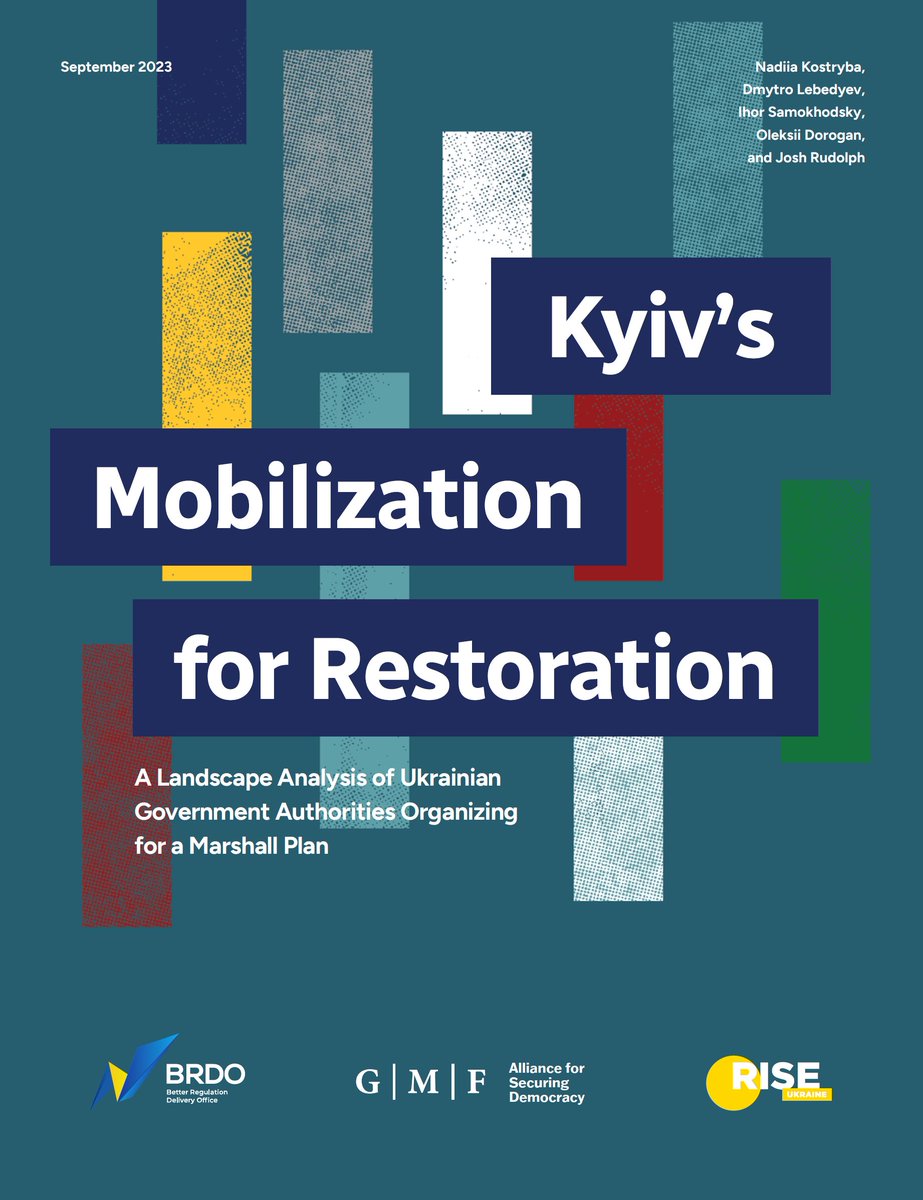While Russia uses "a range of measures" to interfere in the Nov. 3 election, the Kremlin spends covert foreign money to meddle in two elections a couple days before that on Russia's borders. One will be revealed later this week. In today’s thread: Georgia. codastory.com/disinformation…
The Georgian job is run by the Kremlin dept. for "Inter-Regional Relations and Cultural Contacts with Foreign Countries," headed by SVR Gen. Vladimir Chernov & staffed with FSB, GRU, & SVR officers. Its real aim is to prevent color revolutions near Russia. dossier.center/chernov/
.@dossier_center got a trove of internal Kremlin documents, from Russia's $8 million budget to fund Georgia's pro-Russian political party in the four months before the Oct 31 election to emails showing Kremlin control over the party's political consultants.dossier.center/georgia/
The Kremlin's hand in Georgian politics runs thru cut-out's: the pro-Russian party in Tbilisi gets consulting from a Moscow firm, which works with another consultant, who answers to an FSB colonel & his deputy (a GRU officer), who report to General Chernov.dossier.center/georgia2/
These "consultants" (who report to Russian intel services) bring expertise from "successful turnkey election campaigns in Russia, Kyrgyzstan, Kazakhstan, and Ukraine." They tell the Georgians what messages and events will help stir up animosities and drive wedges among opponents.
The Moscow-based "consultants" also create video ads to be placed on Georgian television, with ominous music and warnings about how the country will collapse into chaos of crime and unemployment under any leadership other than the pro-Russia party. 

If these revelations had come to light before we published our report on covert foreign money on August 18, we would have included this case in our study, because the details are extensively and credibly reported with documents, amounts, names, dates, etc. securingdemocracy.gmfus.org/covert-foreign…
The $8 million budget set by the Kremlin for Georgia's election fits squarely within the $3 million to $15 million range we found is necessary to buy influence in a national election. Across our global study, the amounts add up to more than $300 million spanning 115 cases. 

Many of the loopholes exploited in other democracies are also problematic in Georgia, where foreign donations are technically outlawed but enforcement is weak and there are no regulations around loans, third-party campaigning, or second-round elections. osce.org/files/f/docume… 

The Georgian campaign finance oversight agency, the State Audit Office, doesn't have sufficient human resources, needs court approvals to launch investigations or impose sanctions, and lacks the authority to compel witness testimonies.
osce.org/files/f/docume…
osce.org/files/f/docume…

More broadly, like in too many post-Soviet countries, "anti-corruption" work in Georgia involves prosecutors finding evidence of wrongdoing only to be called off by corrupt officials and/or bribed themselves to shut the investigation. That's what we hear is expected of this case.
Russian interference in democracies continues all over the world and it won't stop until people—voters & politicians—understand the central premise of democracy that must be above political interests: Authorities don't work for themselves or for foreign powers. They work for you.
• • •
Missing some Tweet in this thread? You can try to
force a refresh


















